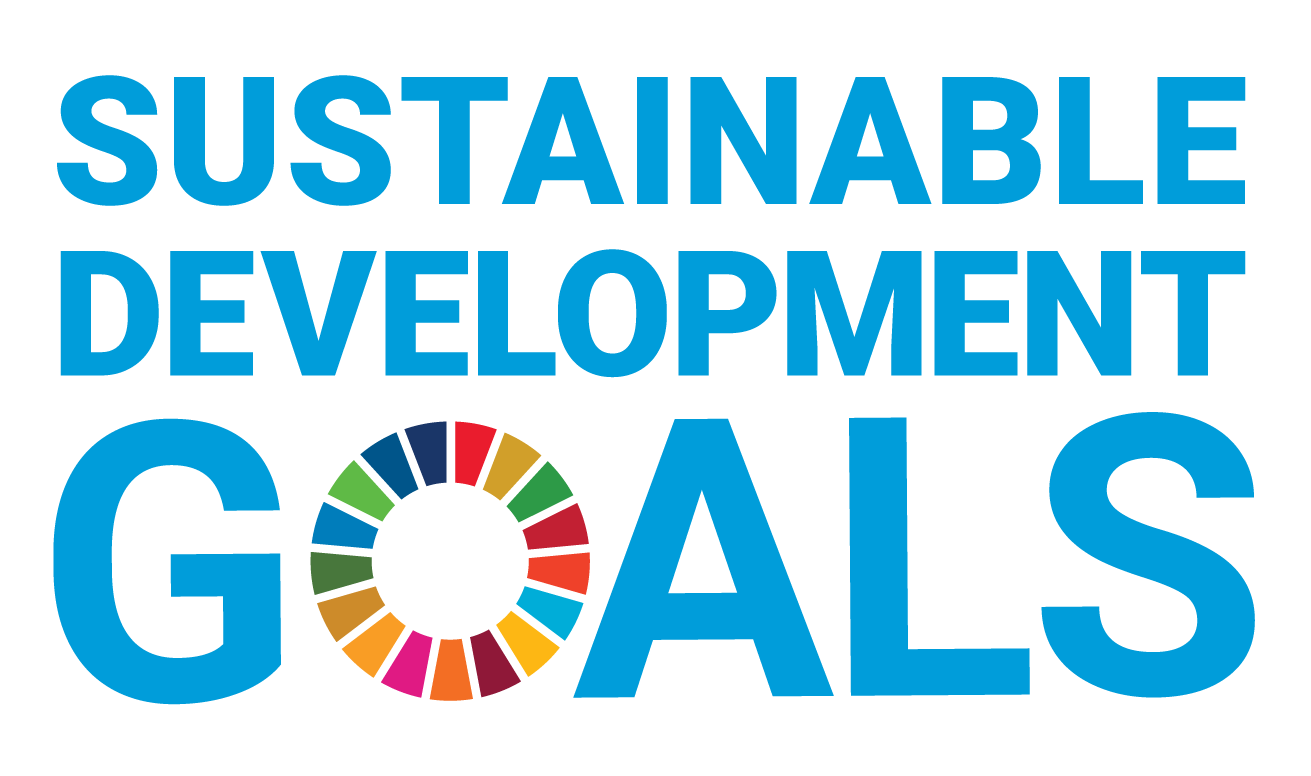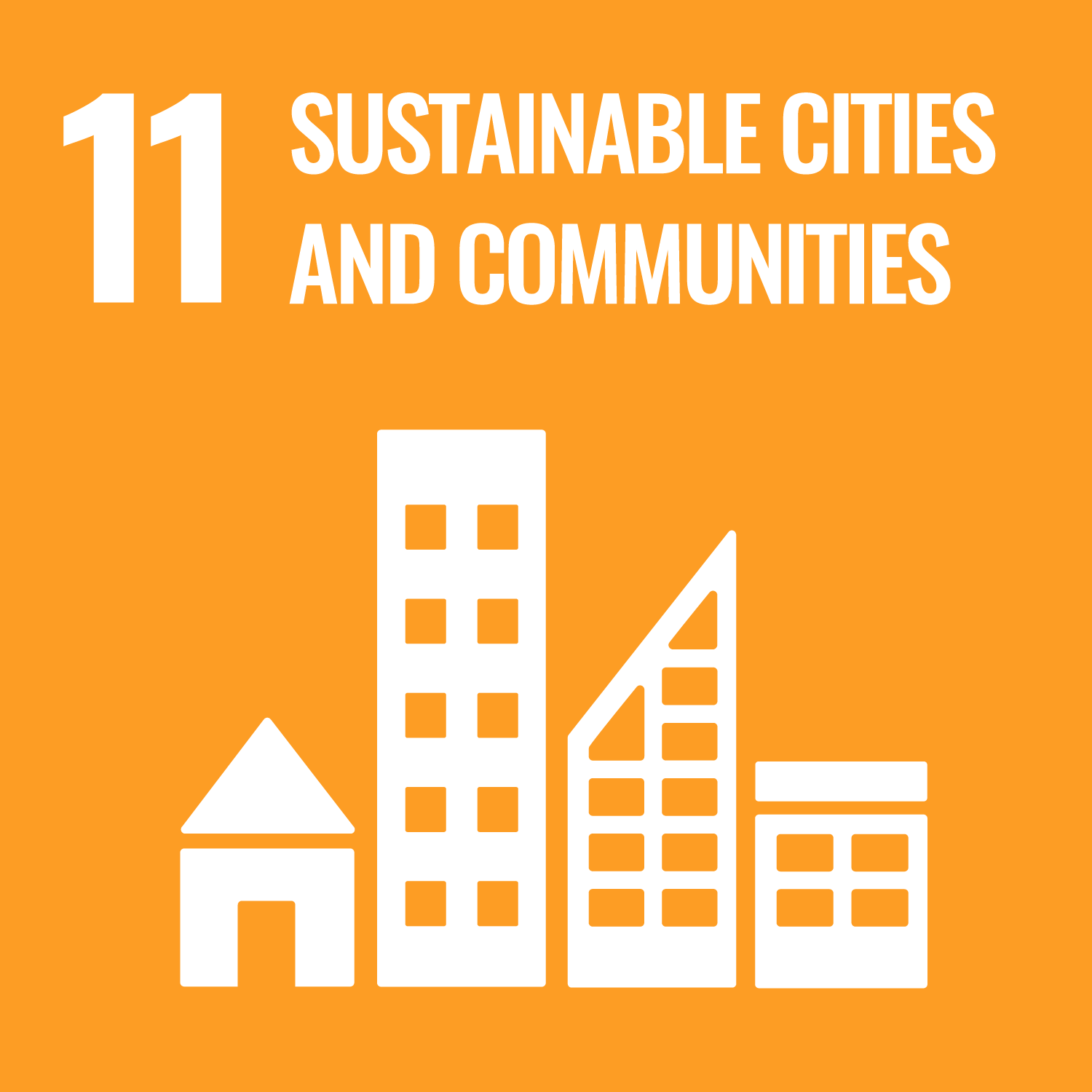Restoring the Heritage of Langtang
You can search for courses, events, people, and anything else.
Western Sydney University has led an initiative for five diverse cities to unite around one commonality: their ties to the Antarctic.
Five key cities surround Antarctica and are officially recognised as gateways to the icy continent: Christchurch in New Zealand, Puntas Arenas in Chile, Ushuaia in Argentina, Cape Town in South Africa, and Hobart in Australia.
Professor Juan Francisco Salazar, of Western Sydney University’s Institute for Culture and Society and the School of Humanities and Communication Arts, led the Australian Research Council Linkage Project, Antarctic Cities and Global Commons, between 2017 and 2020. The project team included 15 researchers in five countries, and aims to unite these gateway cities as a Southern Ocean rim cooperative network of Antarctic urban hubs.
“We want to think of these five cities as more than thoroughfares on the way to Antarctica, rather as urban centres embodying the values of Antarctica — international co-operation, scientific innovation and environmental protection — as a custodianship network that can learn from and benefit each other,” Salazar says.
For example, a survey of 1,659 residents of the cities was designed to help inform policy makers and industry about the economic, ecological, cultural and political nature of the cities’ links to Antarctica, says Salazar. For 57% of respondents, fostering environmental stewardship was the leading reason to be linked to Antarctica, for instance.
The survey results will eventually be made into an interactive index hoped to help strengthen each city’s ties to the Antarctic on economic, ecological, political and cultural levels, and to each other, overcoming historic separation and rivalries, says Salazar.
Need to know
- Five southern hemisphere cities are gateways to the Antarctic.
- An ARC Linkage project team sought to provide tools to unite these cities into a cooperative network.
- The cities’ youth are being recruited to lead the initiative.
In Hobart, his collaborator, Professor Elizabeth Leane, from the College of Arts, Law and Education, University of Tasmania, says magnifying each city’s Antarctic ties will require a genuine cultural shift. “We’re essentially creating a series of tools for the councils to use from this project. We’re encouraging people who are connected with the Antarctic sector to think really carefully about cultural components,” Leane says.
A memorandum of understanding was signed in 2009 by city mayors requiring the cities to explore the benefits of collaborative best-practices for Antarctica. However, as Salazar notes, the substantive relationship between these cities remains tenuous. “On many occasions the cities chose to compete for scarce resources and international investments, rather than find ways to cooperate and share resources,” he notes.
Thus, many of the team’s efforts have focussed on the younger generation to lead a cultural shift. This includes an educational game, Antarctic Futures, a project by Associate Professor Liam Magee, simulating Antarctic policy decisions on a 50-year scale, and the founding of the Antarctic Youth Coalition, a membership network of young advocates that launched in 2020.
Overall, the project aimed to recast these five cities from simply north-serving gateways at a far-flung periphery, into five important capitals with a united focus – custodianship of the Antarctic.
Meet the Academic | Professor Juan Francisco Salazar
Dr Juan Francisco Salazar is an environmental and media anthropologist and documentary filmmaker. He is a Professor in the School of Humanities and Communication Arts and Fellow at the Institute for Culture and Society. He has been a University Research Theme Champion (Environment and Sustainability) since 2016. From 2020 he is an Australian Research Future Fellow.
Juan is best known for his substantive body of work and contribution to studies of indigenous media practices in Chile and Latin America. His current research and teaching is in the fields of social-environmental change; social studies of science; documentary film; futures and socio-technical imaginaries; and cultural research in Antarctica and Outer Space.
Related Articles
Credit
This research was supported by the Australian Government through the Australian Research Council.
© VikiVector/Russia/Getty Images © Elizabeth Leane, University of Tasmania. © Ruben Earth/Moment/Getty Images
Future-Makers is published for Western Sydney University by Nature Research Custom Media, part of Springer Nature.








